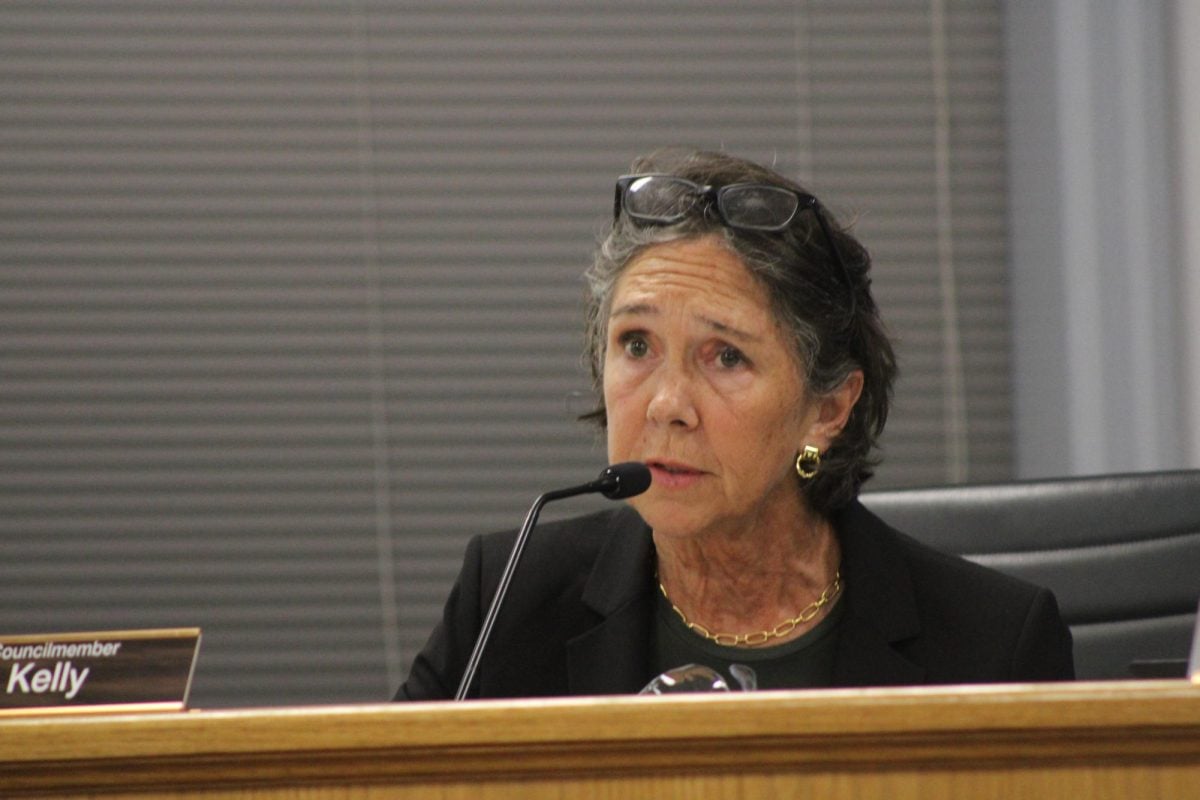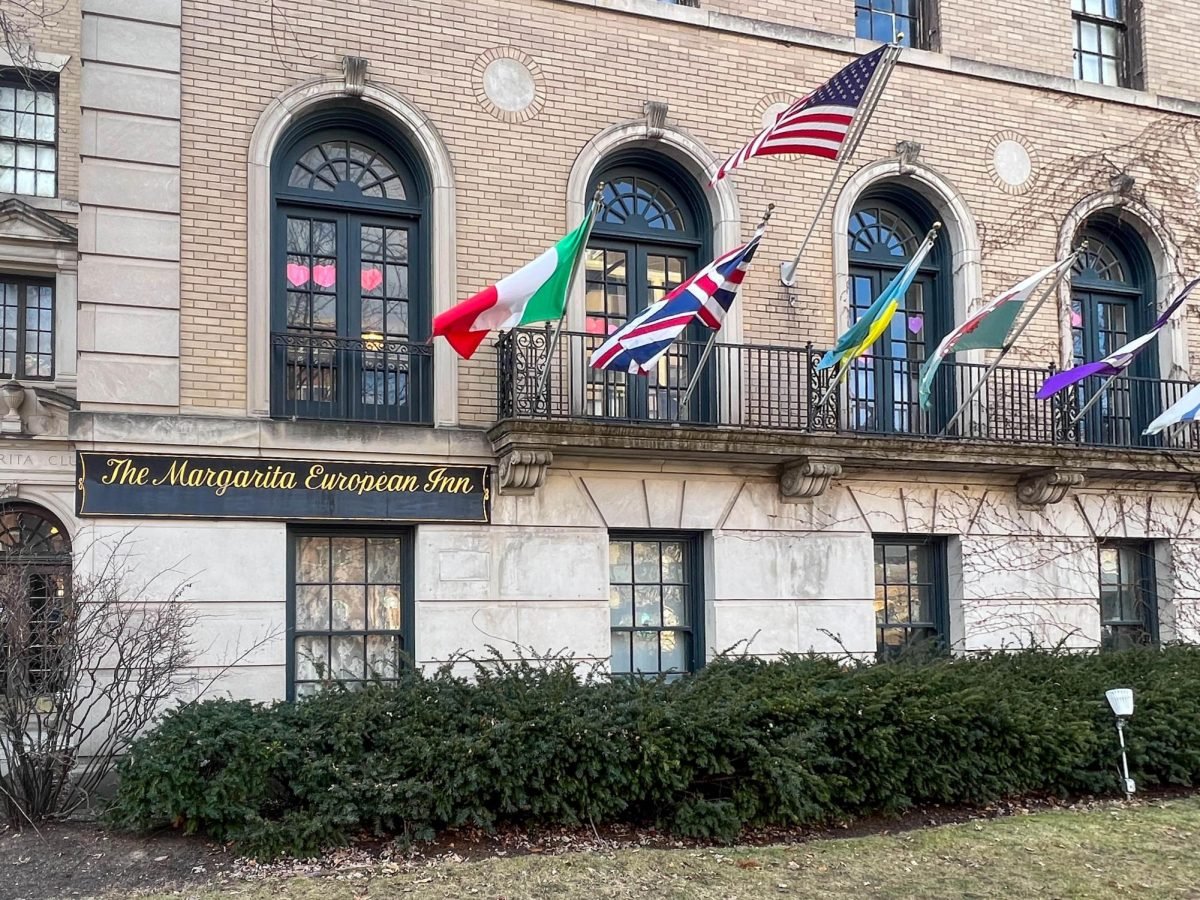If the Evanston City Council approves a new fee structure for farmers markets Monday night, it could mean the end of some markets that have served the city for years.
A change in fee structure would require farmers markets in Evanston to pay an annual fee rather than a per-market fee – a cost that would drive expenses up $50.
Currently, vendors selling high-risk foods such as meat, eggs or cider pay $225 per market location at which they wish to sell, Ald. Mark Tendam (6th) said. Under the new fee structure, a vendor with high-risk foods would buy a year-long permit for $275 that would cover all markets he or she wants to attend. The fees vary for medium and low-risk foods, but the increase would appear in all categories, Tendam said.
Vendors who participate in only one market per season will still be required to pay the raised annual fee, but Tendam said the decision is “in the best interest of all the vendors.” The new structure was already approved by the Evanston Human Services Committee on Feb. 6.
“It will help most people rather than hurt them,” he said. “It enables them to take part in more markets at a nominal price.”
Faith in Place, an environmentally-conscious synagogue located at 303 Dodge Ave., was planning to hold a weekly market for the winter season but chose to cancel its first market Sunday due to concerns over the new fee structure.
Vendors were unwilling to pay the increased fee to vend at just one market, said Leila Shooshani, who leads congregational outreach and support for the organization.
Many of the vendors in Faith in Place’s farmers market do not participate in other markets, Shooshani said. The new fee structure would not be financially rational because the money gained from sales would not exceed the cost required to participate, she added.
The fees issued by the city are used to cover the cost of state health inspections conducted by the Illinois Department of Public Health . The price charged to vendors offsets the cost of the inspection as well as the set-up and clean-up expenses incurred by the city, Tendam said.
Shooshani said the rationale behind the new fees is clear but added they will ultimately be more detrimental than beneficial.
“The problem is that they’re trying to recoup the cost for health department inspections, which I definitely understand,” she said. “However, $2,000 in fees, which is what would come out from a one-day market – that doesn’t make sense cost-wise. They would be rivaling the profit that the market would be making.”
She said the city council has waived the inspection fees in the past but will not do so this year. Evanston has a higher inspection fee than the other 10 towns that host Faith in Place’s winter markets, six of which don’t charge a fee, according to Faith in Place data provided by Shooshani.
“They’re concerned with health and the possibility of food-born illness,” she said. “It’s a valid concern, and we don’t want to diminish it. We just believe that there are ways to look out for citizen health without discluding certain events from taking place.”
Vendors do have the option of applying for a temporary food permit for one-day events that would cost $105, Tendam said.
The changes, if approved, will be beneficial for bigger vendors that participate in multiple markets per season, said Robin Schirmer, sales coordinator of Tomato Mountain Farm in Brooklyn, Wis. She has participated in Evanston markets in the past and looks forward to signing up for multiple markets with the same fee, she said.
“It seems like it’s more of a revenue-generating device, but frankly what they’re charging for the whole year probably barely covers them coming out twice to inspect,” she said. “I’m very pleased on behalf of the farm I represent, but I’m sorry they didn’t do anything with that one-time fee.”












